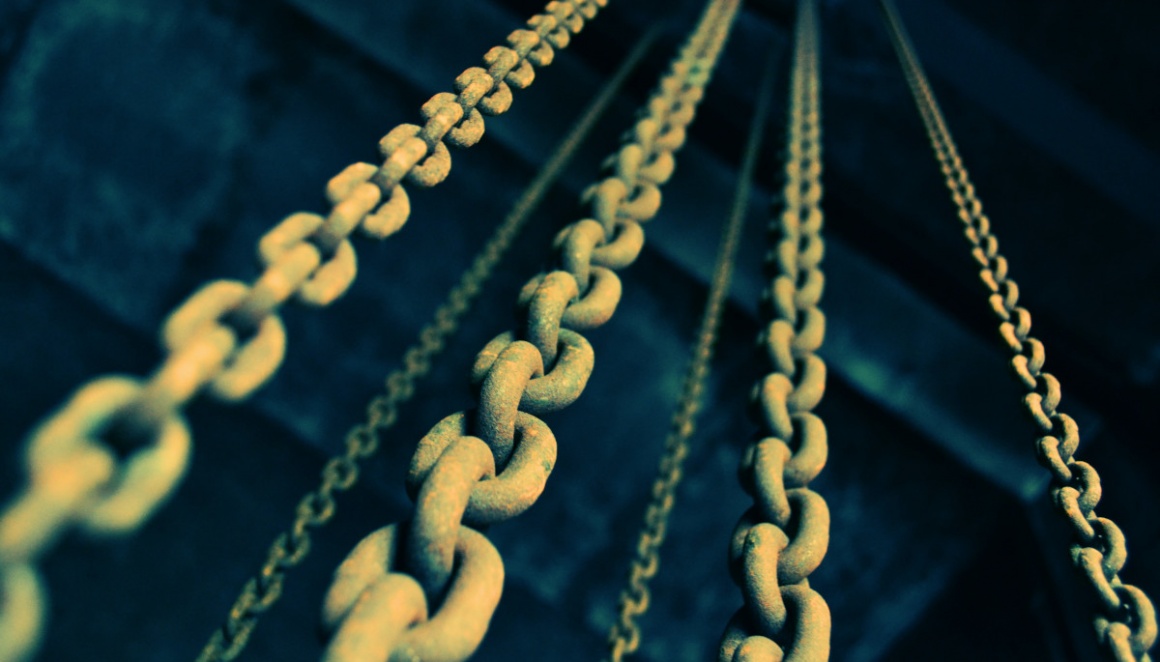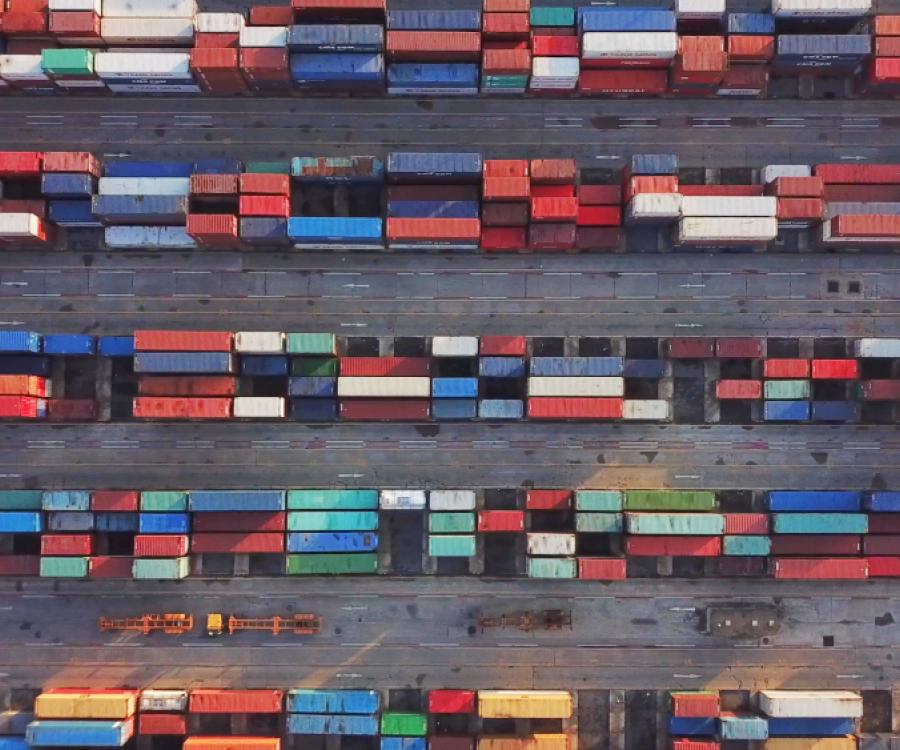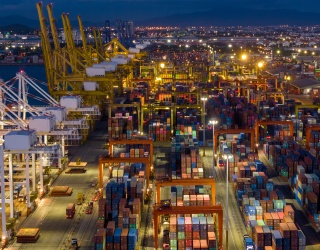
The German Bundestag and Bundesrat passed the Supply Chain Law this year. It is intended to protect fundamental human rights in global supply chains that end in Germany. The aim is to combat inhumane working conditions and child labor. Germany’s supply chain law serves to implement the UN Guiding Principles on Business and Human Rights.
According to the German government, the due diligence obligations of companies extend to the entire supply chain, from raw materials to finished products. Companies are required to submit reports, these are checked by the Federal Office of Economic Affairs and Export Control, non-compliance can result in sanctions.
Initially, the law will apply to all companies with more than 3,000 employees from 2023, and to companies with more than 1,000 employees from 2024. Subsequently, the scope will be evaluated and possibly adapted.
Supply chain law: What do companies need to do now?
Entrepreneurs can find more detailed information at the Federal Ministry for Economic Cooperation and Development.
- How must companies implement the resolutions of the Supply Chain Law?
- Are companies liable for human rights violations in their supply chains?
- What are the most important rules and regulations?
- Which companies come under the law?
- How is the Supply Chain Law enforced and compliance audited?
- What must a company do in the context of its own business operations and in the context of a direct supplier’s business operations?
These and other questions are answered in the Frequently Asked Questions about the Supply Chain Law of the the Federal Ministry for Economic Cooperation and Development.






